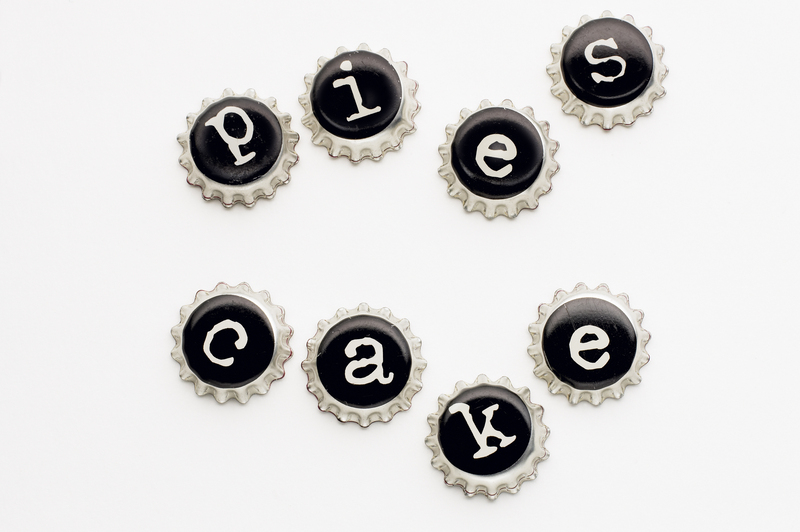Proper Skip Hire Practices
Posted on 15/11/2024
Skip hire is an essential service for many businesses and households for waste management. Whether you are undertaking a home renovation, spring cleaning, or managing waste from a construction site, understanding proper skip hire practices can save time, money, and help protect the environment. This article will detail the best practices for hiring a skip, including tips, pros and cons, and crucial takeaways.
Understanding What You Need
The first step in proper skip hire practices is to understand exactly what you need. Determine the type and amount of waste you will be disposing of as well as the duration for which you will need the skip. Skips come in various sizes, from small mini skips to large roll-on-roll-off (RORO) skips. Choosing the right size can save you money and meet local regulations more effectively.

Selecting the Right Skip Hire Company
Once you have defined your needs, the next step is to select a reputable skip hire company. Look for companies with positive reviews, the necessary licenses, and a commitment to recycling. Reading customer testimonials and asking for recommendations can also be very helpful.
Placement and Permissions
Where you place your skip is crucial. Ideally, skips should be placed on private property. If you need to place a skip on a public road, you will need to get a permit from your local council. It's crucial to also ensure the skip does not obstruct pathways or driveways, causing inconvenience to neighbors or pedestrians.
Loading the Skip Properly
Proper loading of the skip is vital for several reasons. It's not just about cramming in as much waste as possible. Large and heavy items should be placed at the bottom to evenly distribute the weight. Ensure that waste material does not exceed the skip's height boundary as this can be both dangerous and illegal.
Know What You Can and Cannot Dispose Of
It's important to know what types of waste you can put in your skip and what you cannot. Many skips cannot handle hazardous waste like chemicals, batteries, and electrical appliances. Ensure you separate these items and dispose of them according to local regulations to avoid fines and complications.
Scheduling Collection
When your skip is full or your project is complete, ensure to schedule the collection promptly. Leaving a skip full of waste for extended periods can cause health hazards and attract pests. Continuous communication with the skip hire company can ensure timely collection and efficient service.
Pros and Cons of Skip Hire
Pros:
- Convenience: Skips are a practical and convenient solution for large-scale waste disposal.
- Environmental Benefits: Reputable skip hire companies sort and recycle waste, thereby contributing to environmental conservation.
- Time and Cost Efficient: Compared to multiple trips to a landfill, skip hire can save you both time and money.
- Versatility: Skips come in various sizes to fit the scale of any project.
Cons:
- Cost: Smaller projects might find skip hire to be more expensive compared to other waste disposal methods.
- Space: Not every property has the space required to accommodate a skip.
- Permits: Acquiring permits for placing skips on public roads can be time-consuming and costly.
- Restrictions: Certain types of waste cannot be disposed of in skips and require special handling.
Tips for Optimal Skip Hire
- Plan Ahead: Determine the type and amount of waste ahead of time.
- Separate Your Waste: Segregate recyclable materials from non-recyclable ones.
- Choose the Right Company: Do diligent research to find a reliable skip hire service.
- Understand Local Regulations: Be aware of any permits or restrictions related to skip placement and waste disposal.
- Safety First: Do not overfill the skip, and ensure proper handling of hazardous waste.

Takeaways
Proper skip hire practices not only make waste management efficient but also contribute to environmental protection and community safety. Planning, understanding regulations, and choosing the right service provider are crucial steps for successful skip hire.
Conclusion
Proper skip hire practices are essential for efficient and eco-friendly waste management. From understanding your waste disposal needs to selecting the right company and following local regulations, these practices ensure that your project runs smoothly. The pros and cons of skip hire highlight its practicality and convenience, while actionable tips provide a guide for optimal utilization. By integrating these best practices, you can ensure a hassle-free and responsible waste disposal experience.
